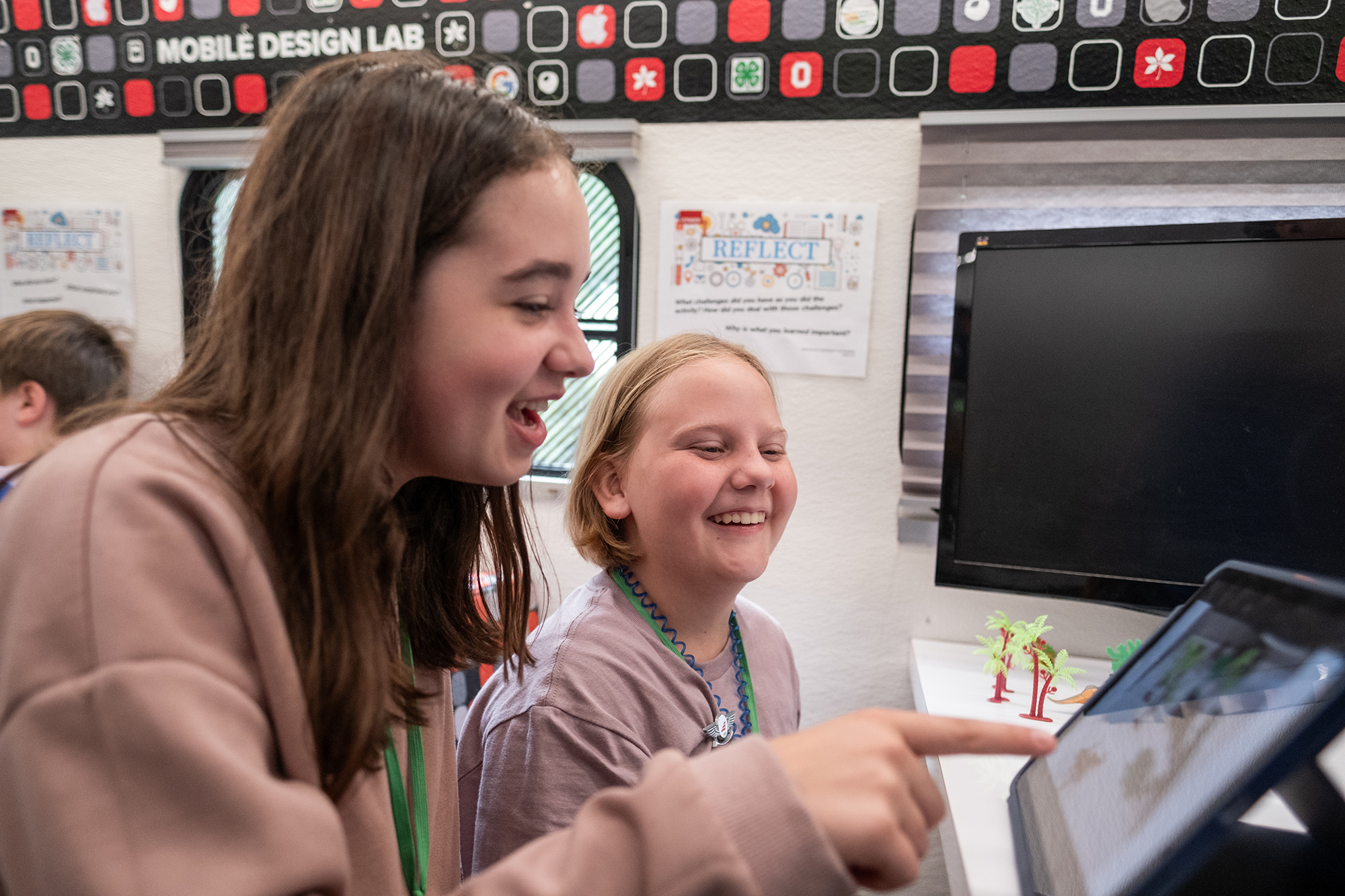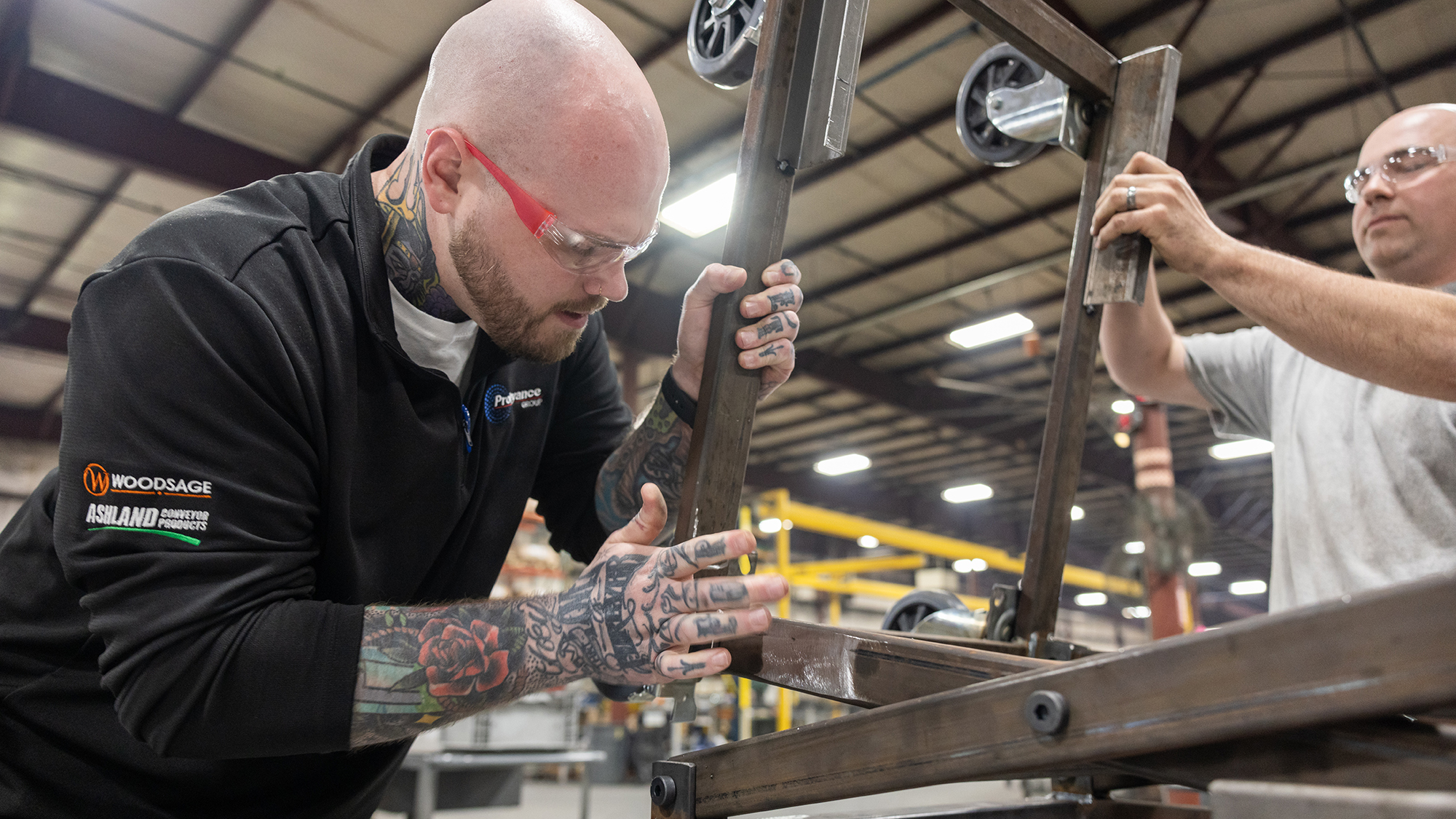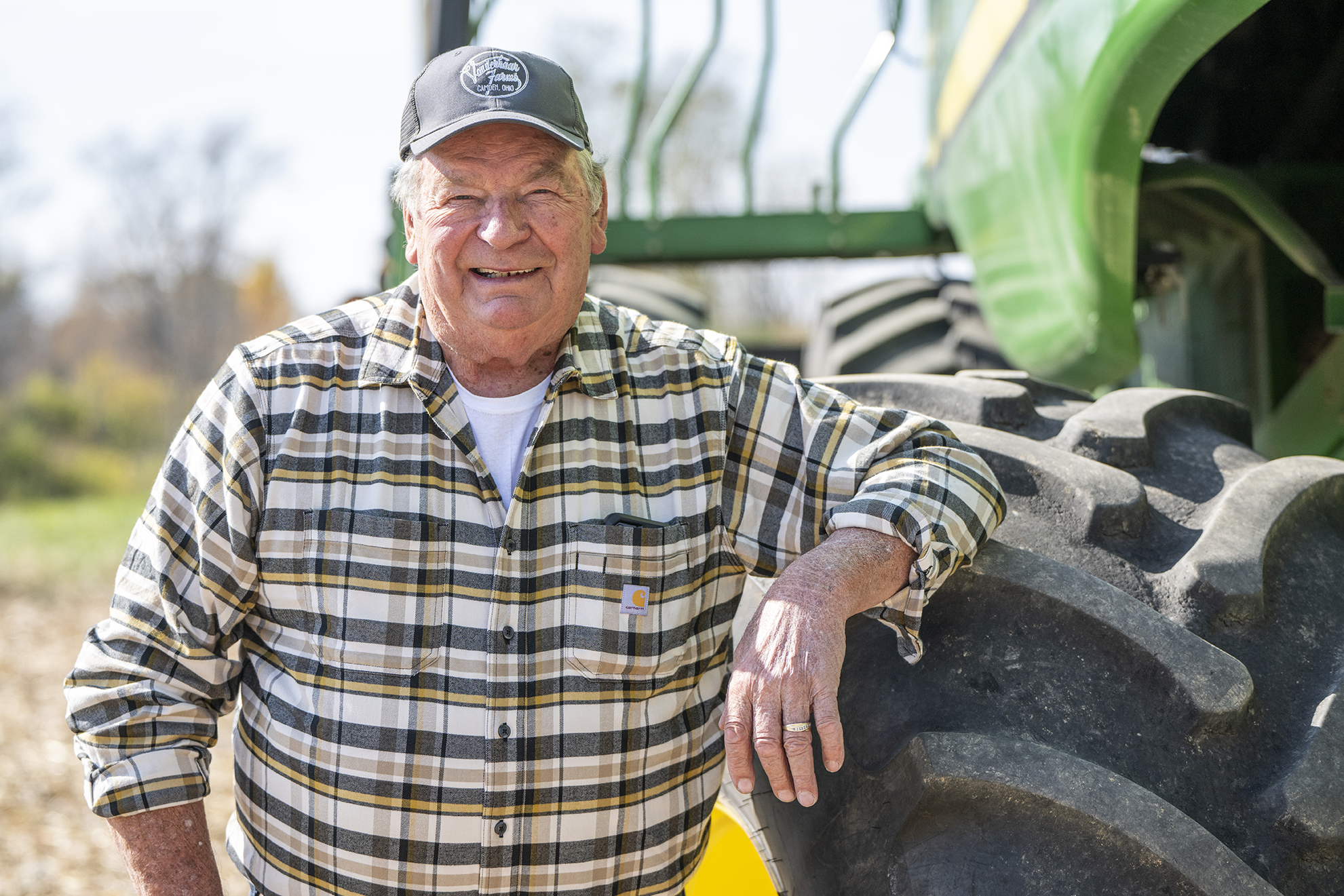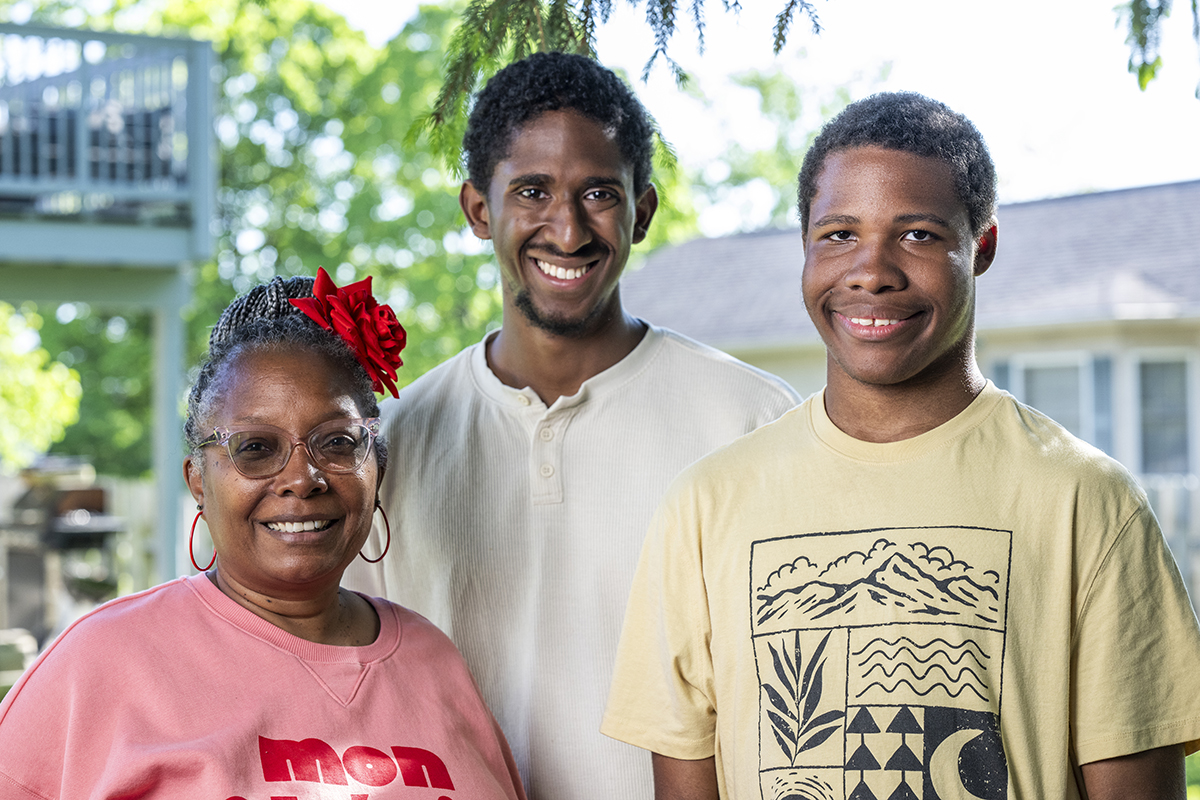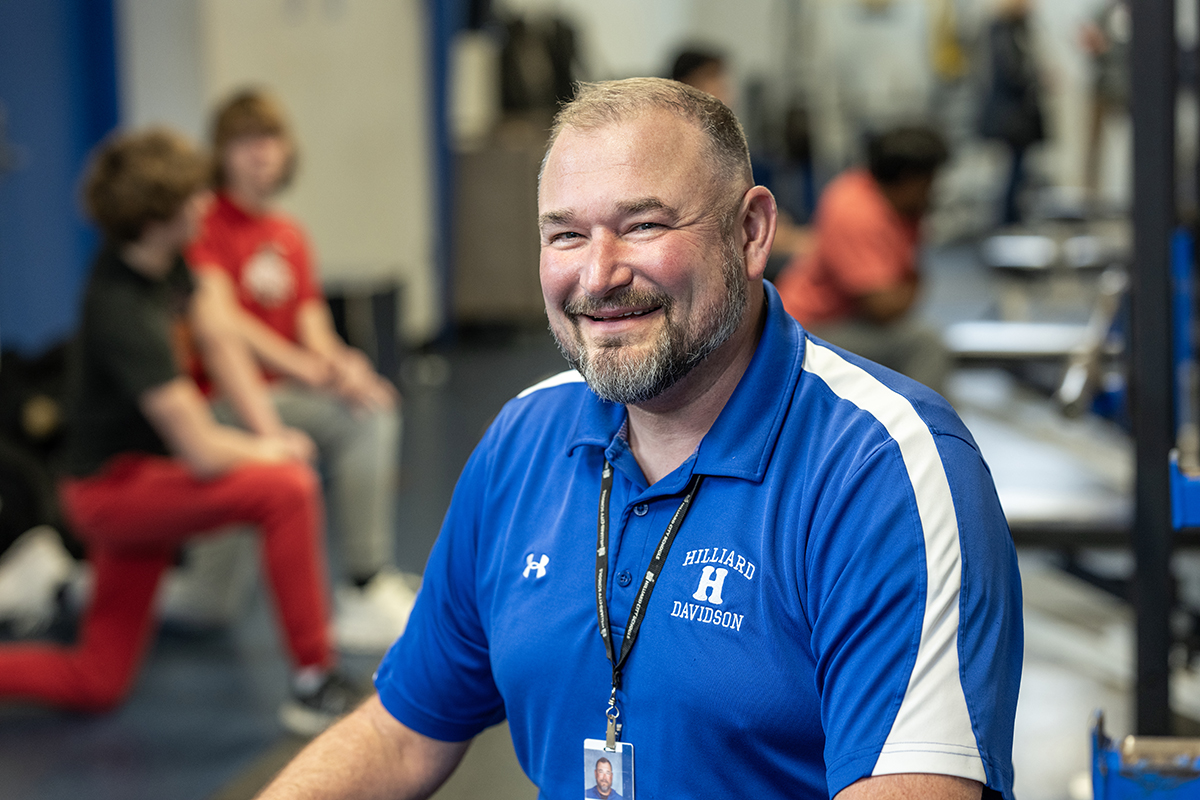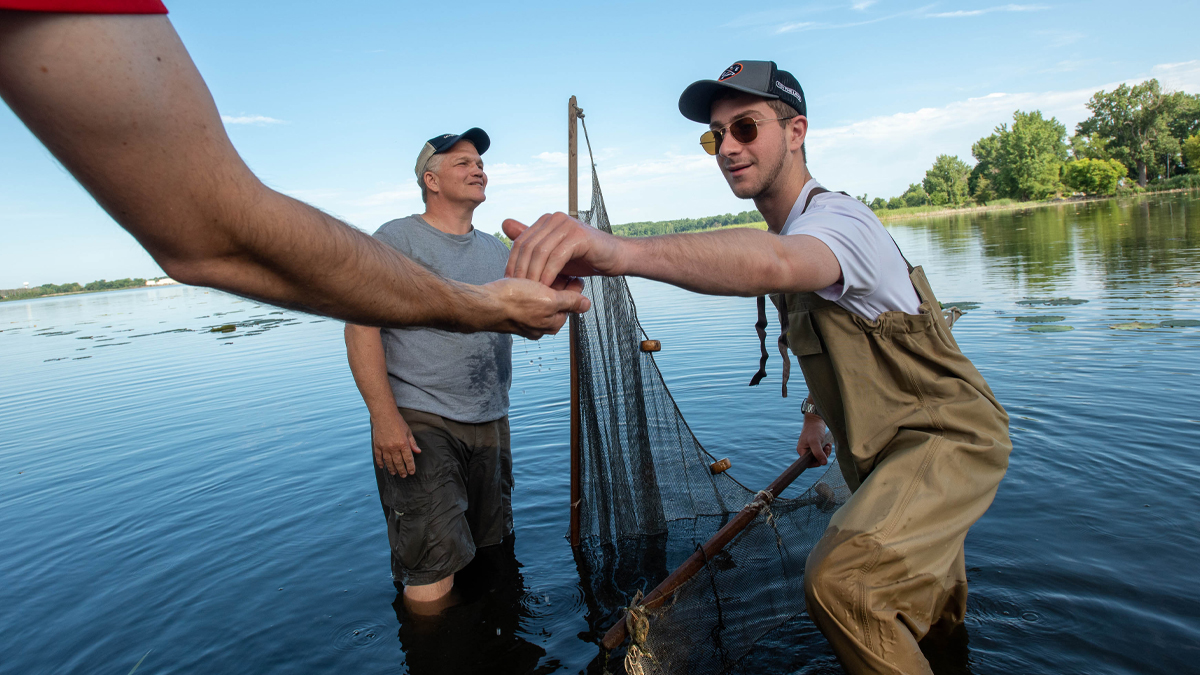Ohio State rallies to address Ohioans’ needs
We put our shared knowledge to work in communities around the state
Top stories
- 88OSU Extension Offices, one in every county
- 3.2MOutpatient visits to Ohio State
- $293MTax revenue generated for local governments
Most recent stories
- Bridging tech gaps one child at a time
Mobile Design Classroom brings STEM to communities in need throughout Ohio.
- Using Shakespeare to unlock blocks in children with autism
Ohio State's Shakespeare and Autism program is helping young people on the spectrum improve communication and find community.
- Coaching youth athletes on the playing field – and on life
Ohio State’s LiFEsports Coach Beyond program trains coaches to support young athletes’ mental health, leadership and growth.
How Ohio State impacts our state
Our connections with Ohioans and their communities run deep — across all 88 counties.
Choose a county
- 147,111Ohio State alumni in your community
- $39,214,519 Scholarships for students from your county
Use arrow keys to navigate counties; enter or space to select
Displaying new statistics for Franklin County.
More Ohio State impact
The Ohio State University offers expertise on a variety of topics. Ohio State News delivers timely, trustworthy news to connect you to the university’s impact on your life, your community and your world.
Visit Ohio State News